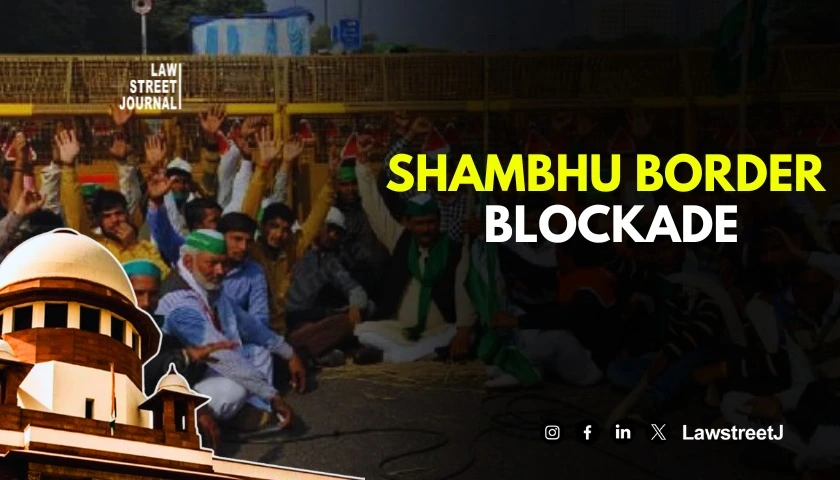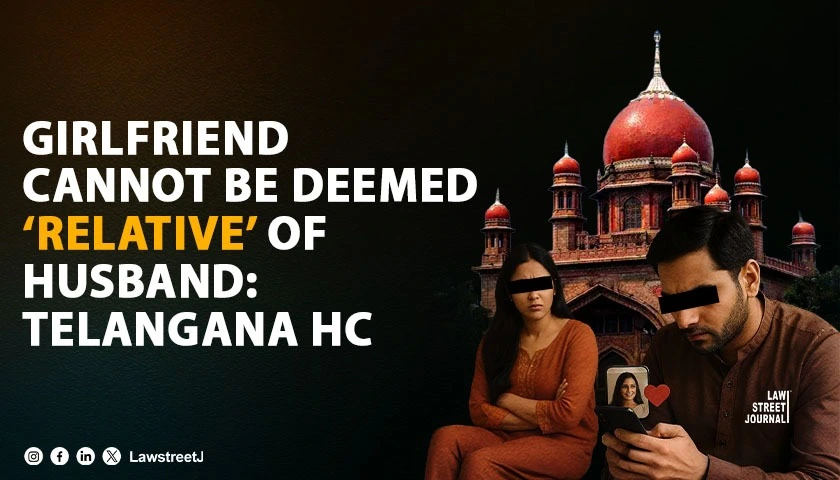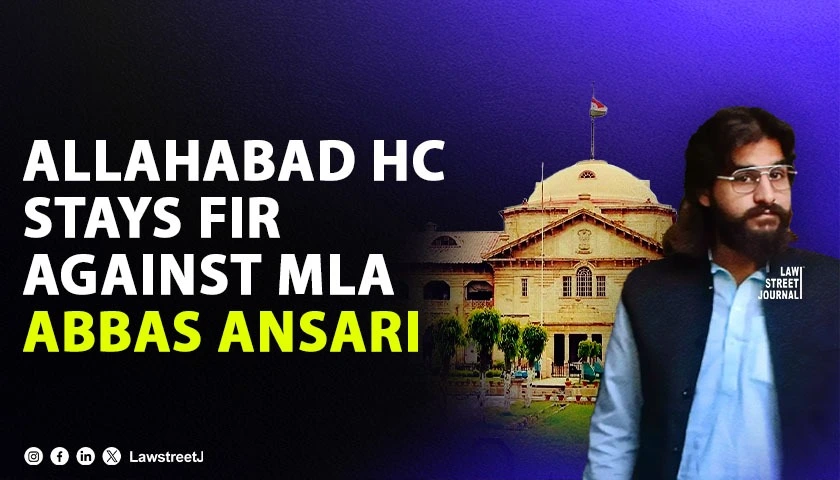NEW DELHI: The Supreme Court has asked the Haryana and Punjab governments to suggest names of neutral and eminent persons who can be part of a committee to resolve the issue of farmers protesting at Shambhu border near Ambala since February 13 for legal guarantee of Minimum Support Price for foodgrains among other demands.
A bench of Justices Surya Kant and R Mahadevan said in a democratic set-up, the farmers protesting at the Shambhu border, have a right to voice their grievances and their sentiments should not be hurt.
Also Read: Farmers Protest: High Court ordered judicial probe on death of protester
The court also said so far as tractors and JCB machines are concerned, the state can persuade them with statesmanship to take those machines back to their respective farmlands.
The bench asked the two state governments to apprise it of the names so that they can go and ensure a positive talk with the agitating farmers.
"We want a smooth beginning in terms of dialogue. Please think of names. There are very good, seasoned and practical personalities in the country who have experience to their credit and they know the in and outs of the problem,"
the bench told Solicitor General Tushar Mehta, appearing for the Haryana government.
The court fixed the matter for further hearing to August 12.
In its order, bench recorded,
"We have impressed upon them (Haryana & Punjab counsel) to suggest some common names for the purpose of constitution of an independent Committee suggested by us. They have assured that by the next date of hearing, such an exercise will be undertaken."
The court stressed that the neutral names will inspire more confidence among the farmers.
Also Read: SC for panel to find solution to problems of farmers protesting at Shambhu border
The bench also extended the earlier order of its status quo on the border.
The matter related to the Haryana government's plea against the High Court's July 10 order asking it to remove within a week the barricading at the Shambhu border.
The Haryana government referred to the law and order situation for the blockade, making it difficult to comply with the High Court's order.

















